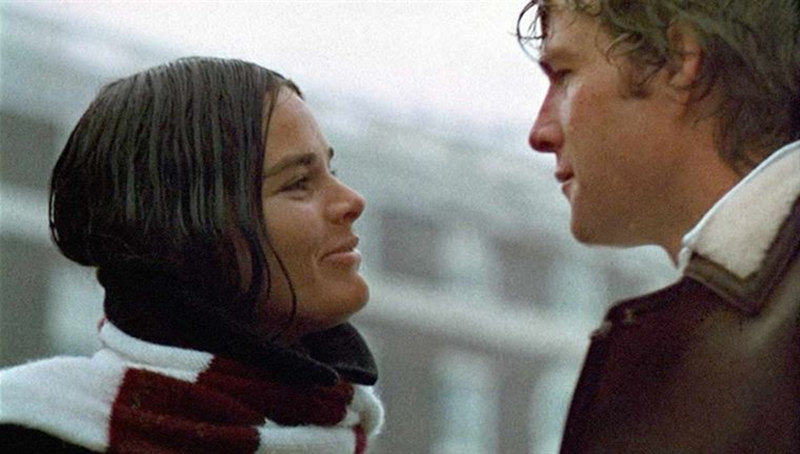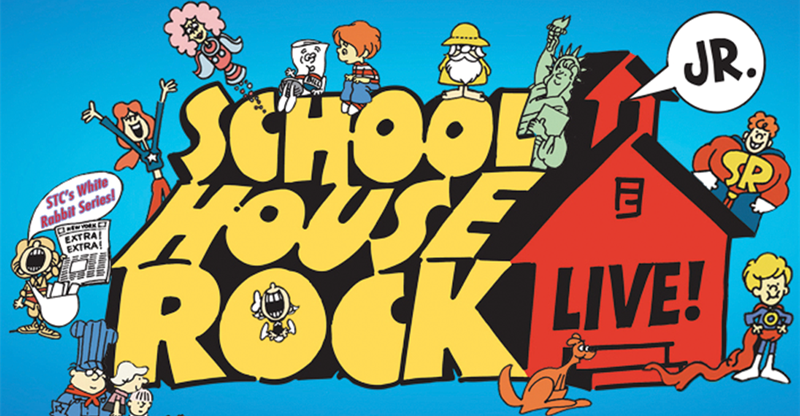Like some intellectuals, Woody Allen has a pretentious streak that occasionally comes out in his films. But with “Midnight in Paris” he confronts that attitude head-on through a know-it-all character and has fun with the concept of a modern-day wannabe writer’s fantasy interaction with artists and writers from the ‘20s. It’s played tongue-in-cheek for laughs, though there are also insights to be found here. And since most of it is based on biographical and historical facts, it’s especially fun for anyone who knows anything about Paris in the ‘20s.
Making an appearance are Scott and Zelda Fitzgerald (Tom Hiddleston, Alison Pill), Ernest Hemingway (Corey Stoll), Cole Porter (Yves Heck), Josephine Baker (Sonia Rolland), Gertrude Stein (Kathy Bates), Alice B. Toklas (Therese Bourou-Rubinsztein), Djuna Barnes (Emmanuelle Uzan), T.S. Eliot (David Lowe), Pablo Picasso (Marcial Di Fonzo Bo), Salvador Dali (Adrien Brody), Man Ray (Tom Cordier), and Luis Bunuel (Adrien de Van). Much of the humor depends on your knowing a little about them and their work, but even if you have no idea who they are, “Midnight in Paris” still plays like one of Allen’s better romantic comedies. It’s certainly the best film he’s made in recent years.
Many of Allen’s New York-based films have been called love letters to the city, and a long opening credits montage tips you off that this film is his lettre d’amour to the City of Lights. There are all sorts of shots of Paris at all times of day and in all types of weather, and not just tourist spots. Different neighborhoods and arrondissements are featured in an opening that’s designed to make you see things through the eyes of the main character–a self-described “Hollywood hack” screenwriter (Owen Wilson) who’s trying to write a novel and who’s so in love with Paris that he’d like to rent a garret and live there, because, well, that’s what writers did back in the Golden Age of the ‘20s that he so admires.
His well-heeled fiancé (Rachel McAdams) has different ideas. Like Zelda Fitzgerald, who’ll pop up later in the story, Inez just wants to have fun and fine things. She envisions Gil continuing to write successful screenplays so they can live in Malibu together. It doesn’t take long for the audience to see that this relationship has built-in challenges, not the least of which are her parents, who are in Paris for a business trip. Her father (Kurt Fuller) can’t stand him, partly because the liberal Gil keeps labeling him as a Tea Party conservative who’s as crazy as a lifer in the Bastille, while the mother (Mimi Kennedy) thinks he’s cheap and uncouth. It doesn’t help that the couple also runs into a professor (Michael Sheen) that Inez used to have a crush on, and his significant other (Nina Arianda).
The plot kicks into gear when Gil, who’s wanting to draw inspiration from Paris to get over his fear of not being able to produce a novel of any worth, has a little too much to drink at a party with Inez and the other couple. She wants to go dancing, but he wants to walk the streets of Paris to clear his head. What happens that first night repeats, as if it were a prescription for both of them. She goes her dancing ways, and he goes his. He wanders the streets until, confused, he sits down on a staircase to rest. After the clock strikes midnight, a car drives by. It’s a vintage vehicle, and its occupants, insistent that he join them, are none other than F. Scott Fitzgerald and his wife, Zelda. So begins a reverse Cinderella experience for Gil, who finds the ‘20s more intoxicating than the present.
But the counterweight to his enthusiasm was voiced early in the movie by the know-it-all Paul, who talked about the idea of a Golden Age being an illusive one, because, as he pronounces, every generation thinks a previous generation was a Golden Age, when really . . . .
Well, you have to see the movie to get the “really,” though you’d better wear a helmet. The one flaw in this otherwise playful romantic comedy is that Allen hits you over the head with the theme, like that pedant himself, the know-it-all professor.
But that’s the only flaw, really, in a romantic comedy that has enough enjoyable twists to offset shortcomings. The subplots satisfy. We see our hero not only jousting with in-laws and grappling with relationship problems, but also finding himself attracted to the same dynamite woman (Marion Cotillard) who stirred Hemingway, Picasso, Modigliani, and the bullfighter Juan Belmonte (Daniel Lundh) . . . and to a contemporary Parisian (Lea Seydoux) who shares some of his passions.
So which epoch, and which woman, will he ultimately choose?
That’s the dramatic question. But the enjoyment along the way comes from experiencing the ‘20s right alongside Gil (Stoll is particularly hilarious as Hemingway) and watching know-it-all Paul do his thing and finally meet his match. This guy is such a pretentious pedant that he even argues with the guide at the Rodin Museum (none other than France’s First Lady, Carla Bruni). I’d want to escape to a different era too, if I had him as my tour guide. But as humor, it’s right up Allen’s cul-de-sac.
Three women. One man. And two epochs. That’s enough for even a struggling wannabe writer to create a story from. But in the hands of someone like Woody Allen, who also wrote the screenplay? It’s actually quite magical. So is the music by Stephane Wrembel, which captures the period and spirit of the film and has it’s own je ne sais quoi. Pick up a bottle of nice French wine, put a book in your lap, and pop this into your disc player and the rest will take care of itself.
“Midnight in Paris” is rated PG-13, so if you have a teenager whose taking French in school, it’s the kind of film you can watch together.
Video:
For a DVD, the video quality is very good, with only a slight loss of detail. But watching this, with all its scenes of Paris, you can’t help but wonder how it looks in HD. Colors are true (Hemingway would be proud), skin-tones look natural, and even night scenes pose no problem for the accomplished Allen. So if you’re unsure whether you want to spend the money on Blu-ray, the DVD still looks good on a big screen. “Midnight in Paris” is presented in 1.85:1 aspect ratio.
Audio:
The audio is an English/French 3.0 “discrete surround,” which gives it a kind of quaint feel. The music is what drives the audio, and Wrembel’s soundtrack fares well with this transfer to disc. Though the low-end sounds sometimes get a little lost, the mid- and high-range notes are crisp and penetrating.Subtitles are in English, English SDH, French, and Spanish.
Extras:
The only bonus feature is “Midnight in Cannes,” a look at the film’s reception there.
Bottom Line:
Movie Met’s Ranjan Pruthee said this film “shows why Woody Allen is still considered one of the greatest American filmmakers alive today.” I’d have to agree. “Midnight in Paris” isn’t his piece de resistance, but it’s an accomplished film that’s as entertaining as it is deliciously offbeat.


